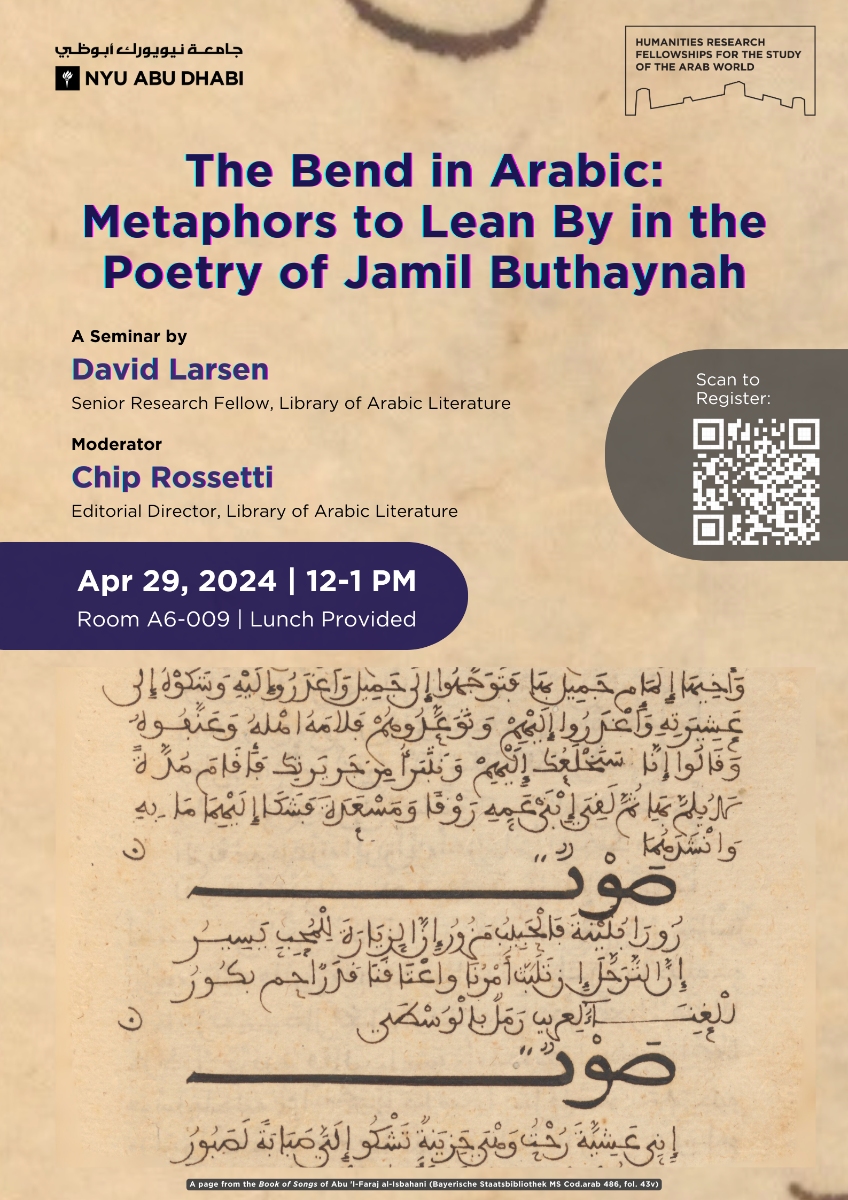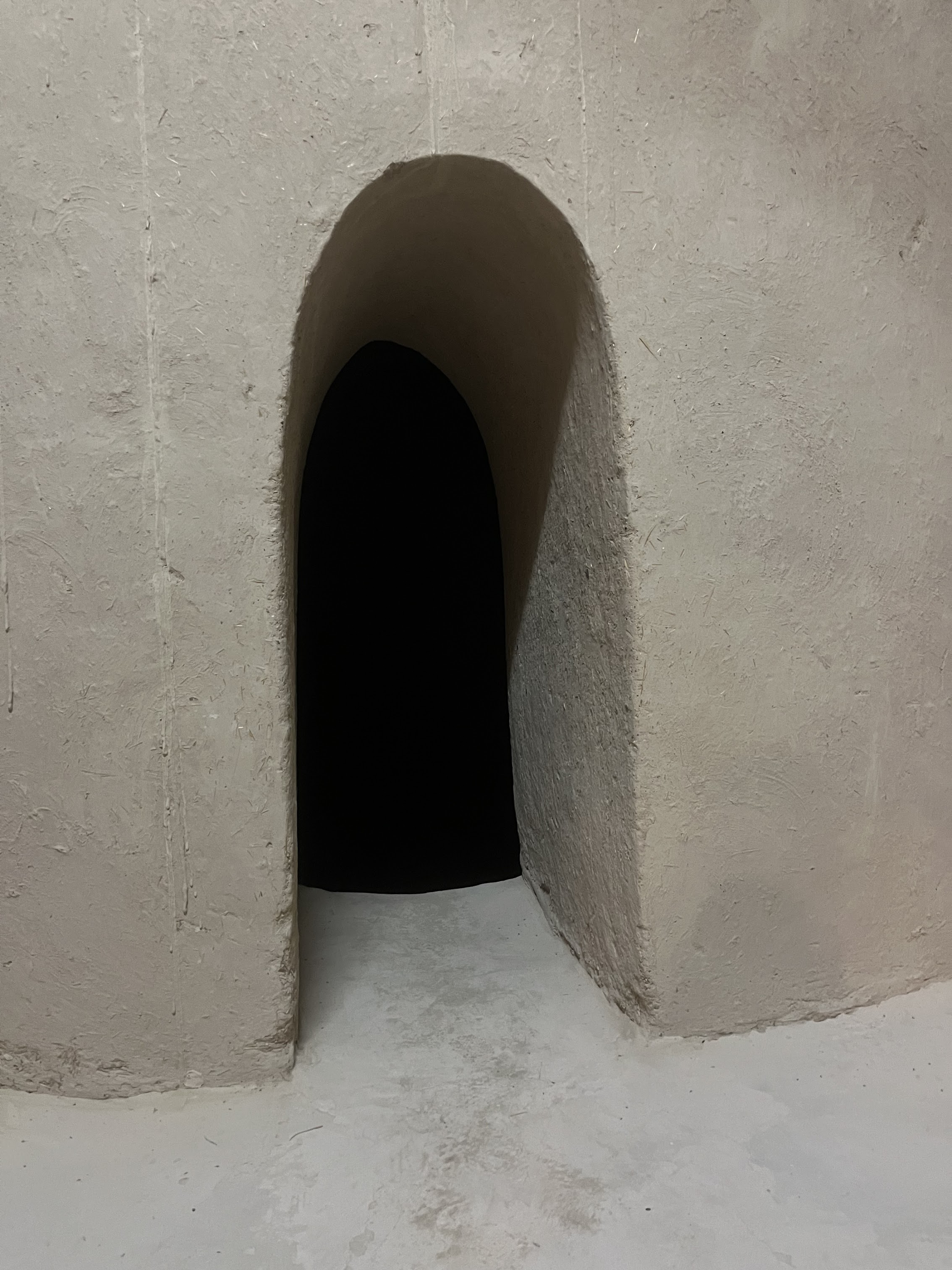The hornet is called zunbūr, plural zanābīr, a feminine noun, sometimes applied to the bumblebee. In some dialects it is pronounced zinbār.
In The Book of "Not in the Speech of the Arabs," Ibn Khalawayh says: The only authority I have known to call the hornet by a filionym was Abu ‘Umar al-Zahid, who said the hornet is called Abū ‘Alī.
There are two kinds of hornet: the mountain hornet, and the hornet of the lowlands. The mountain hornet is dark in color, and begins life as a worm. It nests in trees, in a house like the bee's, which it builds out of mud with four openings, one for each of the cardinal winds. It defends itself with a stinger, and feeds on fruit and flowers. The male is distinguished from the female by his larger size.
The lowland hornet is brown in color, and makes its nest underground, ferrying out the soil as ants do. In winter it keeps to the nest, or else perishes in the cold, and sleeps like the dead, without bringing in food like the ant. By the time spring comes, their bodies are stiff as dry wood from the cold and lack of food, until God, be He Exalted, blows life back into their bodies, and they live again as they did the previous year. And this is their ordinary cycle. There is another type of lowland hornet with different coloring and a longer body that is malicious and greedy in character. It seeks out kitchens, where it eats the meat, flying in singly and taking up residence beneath the floor and inside the walls.
The hornet's body is segmented at the middle. The abdomen has no share in respiration. A hornet immersed in oil is rendered immobile, due to the constriction of its airways, but when it cast into vinegar it is reanimated and flies away.
Al-Zamakhshari says in his commentary on Surat al-A‘raf (7:71): "In this context, qad waqa‘a ('it has descended') means that 'God's outrage and ire will surely descend on you.' Similar to this is the story of what Hassan ibn Thabit said when ‘Abd al-Rahman ibn Hassan came crying to him as a boy. 'What's the matter?' he asked his son. 'I got stung by a flying creature that was as if dressed in striped mantles of Yemen!" said ‘Abd al-Rahman. "By the Lord of the Ka‘ba!" said Hassan. "You'll be a poet (qad qulta 'sh-shi‘ra), my son!" using the past tense to mean the boy would grow up to compose poetry.
How excellent are these verses [by Abu ‘Ali al-Ansari al-Hamawi] (meter: wāfir):
Hawk and hornet have in common
wings that they know how to beat.
Different, though, is hornets' prey
from what the hawk hunts down to eat.
These verses, which are [in The Passings of Eminent Men, appearing anonymously in the entry previous to] Zahir al-Din ibn ‘Asakir's, aren't bad either (meter: basīṭ):
While fancy speech can dress up fraud,
the truth is soiled when badly told.
To laud a thing, call it "bee slobber,"
and if you'd damn it, "hornet puke."
But praise and blame don't alter facts.
You need the magic of eloquence for that.
This riddle by Sharaf al-Dawla Nasr ibn Munqidh describes the hornet and the bee (meter: kāmil):
Two assemblies drone and thrum,
two whose injury people shun.
Generous givers of contrary things,
one condemned and one well loved.
Ibn Abi l-Dunya tells that Abu l-Mukhtar al-Taymi narrated: A man once told me:
"I was traveling in in a party that included a man with nothing good to say about Abu Bakr and ‘Umar, may God be pleased with them. We tried to shut him up, but the man kept on. One day, he stepped away from the group to relieve himself, and was set upon by a swarm of hornets. He cried for help as they enveloped him, but we had to leave him when they started attacking us, and they did not let up from the man until he was cut to pieces."
This story appears in Ibn Sabu‘'s Shifā’, where the narrator goes on to say: "We tried to dig a grave for him, but the earth hardened against us and we had to leave his remains above ground, covered with rocks and leaves. Then, when another member of our group squatted to urinate, a hornet of the swarm landed on his member, but did not sting him. That is how we knew the hornets' attack was by command."
Yahya ibn Ma‘in said: Mu‘alla ibn Mansur al-Razi was a great scholar of Baghdad who narrated traditions from Malik ibn Anas, al-Layth ibn Sa‘d, and others. One day he was leading prayers when a swarm of hornets descended on him, and he did not flinch or turn around until his prayers were finished, and the people saw that his head had swelled up until it was like this [gesturing towards his own head, presumably, while telling this].
Legal rulings. The hornet is an unclean animal that it is forbidden to eat, and commendable to kill. Ibn ‘Adiyy reports [in his Complete Book of Weak Narrators] that Maslama ibn ‘Ulayy narrated on the authority of Anas, may God be pleased with him, that the Prophet, God's blessings and peace be upon him, said: "Whoever kills one hornet is credited with three good deeds." But to burn a hornet's nest with fire is disapproved: so says al-Khattabi in Waymarks to the Hadith Collection of Abu Dawud. When Ahmad ibn Hanbal was asked about smoking hornets out of their nest, he said: "If it's feared that they'll cause harm, then it's fine. Better that than burning them." The sale of hornets, like all creeping things, is forbidden.
Special properties. As mentioned above, a hornet immersed in oil will die, and then revive when immersed in vinegar. When extracted from their cells and boiled in oil, and eaten with rue and caraway, the pupae of the hornet increase sexual excitation. According to ‘Abd al-Malik ibn Zuhr, the hornet's sting is relieved by topical application of jute plant's juice.
Dream interpretation. A hornet seen in a dream signifies a warlike foe. It might also be a builder or an architect, a highwayman or any possessor of ill-gotten wealth, the surgeon who drains an infected wound, or a musician who can't keep the beat. It might also signify eating poison or drinking it.
Another interpretation alleged of the hornet seen in a dream: "A man whom it is dreadful to contend with, who gives no ground in combat, whose manners are atrocious and it is appalling to share a meal with." Also: "Hornets entering a place signify the sudden incursion of a fearsome army whose aggression is undisguised." Another: "A man who contends fraudulently in debate"—the hornet being one of those animals [like the ape, the lizard, the parrot and the piebald crow] subject to shape-shifting.
According to Jewish dream-interpreters, hornets and crows signify gamblers and cutthroats. And another: "Hornets in dreams stand for bands of merciless people." And God knows best.
From The Greater Life of Animals by Kamal al-Din al-Damiri









